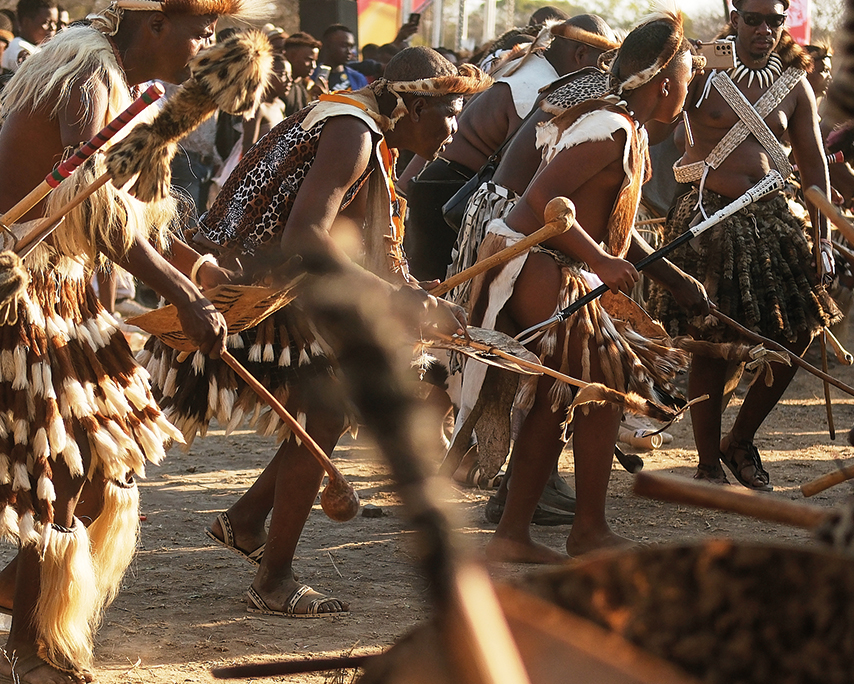Photo Credit: Mkhululi Sibanda/Anadolu via Getty Images
World Tourism Day
Tourism as a cultural bridge between Africa and its diaspora
When we think of tourism in Africa, images of safaris, wildlife, and natural wonders often dominate the picture. Yet there is another, quieter form of tourism gaining ground, one rooted in indigenous culture, community traditions, and the stories that have shaped the continent for generations. The question becomes, how can Africa embrace this form of tourism without losing the heart of the cultures it seeks to showcase?
The relationship between tourism and tradition is complex. On the one hand, cultural tourism can breathe new life into indigenous practices that risk fading away. A local festival can attract visitors, in turn creating livelihoods for artisans, performers, and storytellers. On the other hand, when traditions are packaged solely for outside consumption, they risk being reduced to spectacle. What was once sacred can become performance. This is why community involvement is so essential. When local groups shape how their traditions are shared, the result is more authentic, respectful, and sustainable.
However, this conversation cannot end at the village level. Africa’s cultural identity today is not confined to the continent’s borders. Millions of young Africans in the diaspora are contributing to global conversations in technology, business, academia, and the arts. They are not only sending remittances home; they are transferring knowledge, building networks, and opening access to new markets. Ideally, if diaspora communities and local custodians of tradition collaborate on shaping the future of cultural tourism, diaspora voices could help expand markets for indigenous art, music, and crafts, while also ensuring that cultural narratives remain owned and told by the communities to which they belong.
The real challenge becomes how to make sure that cultural tourism supports communities rather than exploiting them. It requires rethinking what we value. Some of Africa’s strongest systems are not housed in big institutions or formal pipelines. They exist in everyday practices, like breastfeeding traditions passed quietly from grandmother to mother, or informal trade networks in landlocked countries that sustain entire regions. Similarly, the most resilient cultural systems may not be evident in glossy brochures or international statistics. They are preserved in the oral histories, rituals, crafts, and songs that communities pass down. Tourism can either erode or amplify these systems.
It is vital to push the conversation forward. As tourism across Africa continues to grow, it is no longer enough to count visitor numbers or foreign exchange earnings. We must ask deeper questions: Who is telling the story? Who benefits? How do we share heritage without losing its soul? Also, how do we design models that allow traditions to evolve naturally while still providing livelihoods for those who preserve them?
If we get this right, tourism can become more than an industry. It can be a bridge between past and future, between local communities and the diaspora, and between Africa and the wider world. It can carry stories, skills, and resilience in both directions. However, only if we place communities at the centre and treat culture not as a product, but as a living, breathing system that deserves respect.



